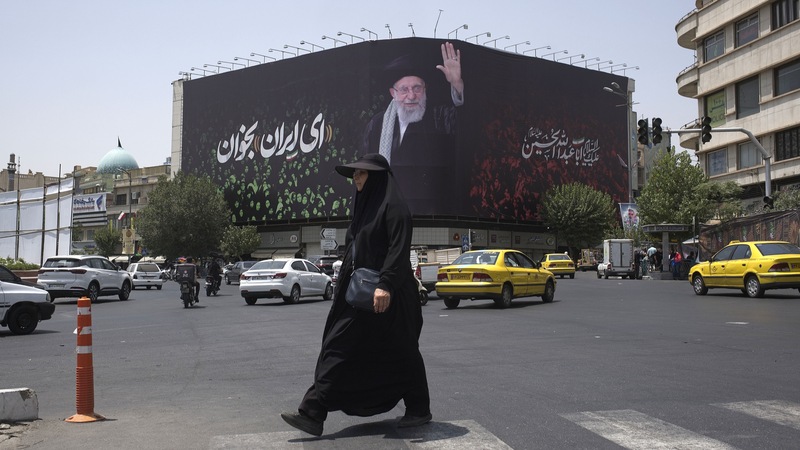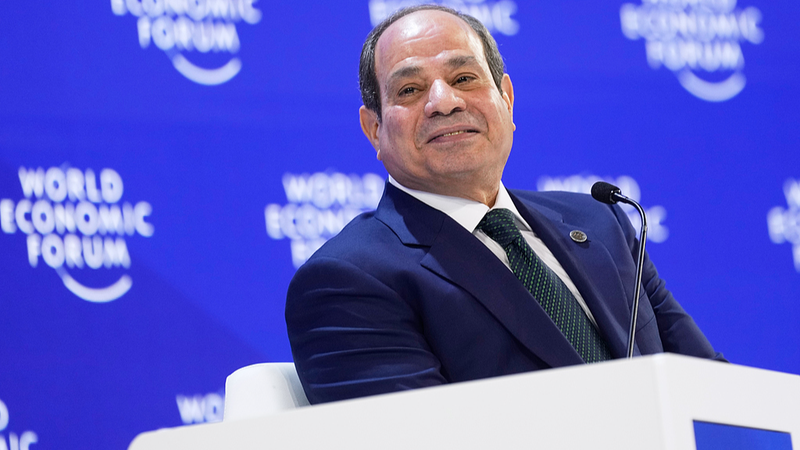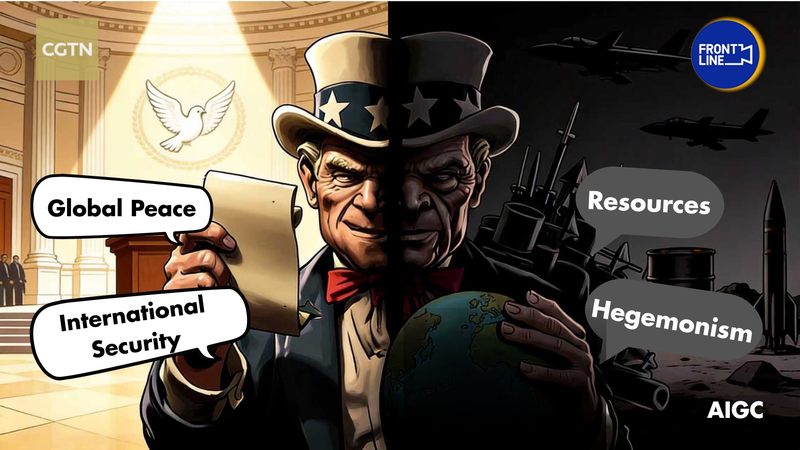In a bold move amid rising tensions, Iran has taken a calculated step by suspending cooperation with the International Atomic Energy Agency (IAEA) just days after U.S. airstrikes hit its nuclear facilities in Fordow, Natanz, and Isfahan. The Iranian Parliament approved a bill on June 25, 2025, which was swiftly sent for further review and signed into law by President Masoud Pezeshkian on July 2, 2025. ⚡
Iranian officials argue that the IAEA submitted a misleading report on their peaceful nuclear program—a report they claim provided a pretext for military action against Iran. The delayed admission by IAEA Director General Rafael Grossi, revealing that there was no evidence of systematic efforts to develop nuclear weapons, fueled further outrage. On platform X, an Iranian Foreign Ministry spokesperson fired back, calling the admission “far too late” and accusing Grossi of bias.
The new law doesn’t end inspections permanently; instead, it suspends them temporarily. IAEA inspectors can only return if two conditions are met: ensuring the full observance of Iran’s national sovereignty and security for its nuclear facilities and scientists under the framework of the UN Charter, and recognizing Iran's inherent rights under the Nuclear Non-Proliferation Treaty, including uranium enrichment for peaceful purposes. This strategic step is seen as both a shield to rebuild damaged sites and a lever to counter external pressures.
While the extent of the damage from the U.S. airstrikes remains disputed—with some reports suggesting minimal harm and others acknowledging significant setbacks—this legislative move positions Iran strongly in the ongoing nuclear debate. It marks a turning point where political strategy and security concerns intertwine in a high-stakes geopolitical drama. Stay tuned as this nuclear thriller unfolds! 🎬
Reference(s):
Iran's calculated response: A strategic lever to compel U.S., West
cgtn.com




